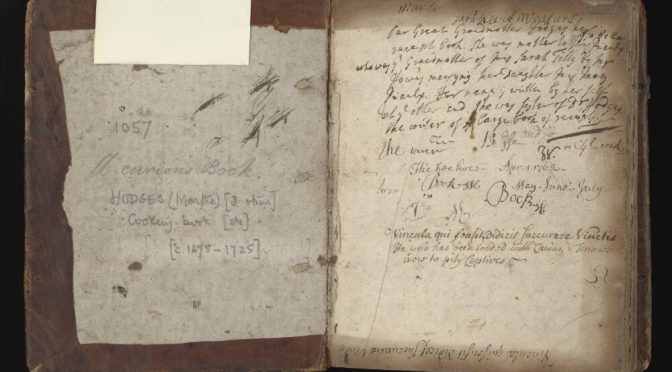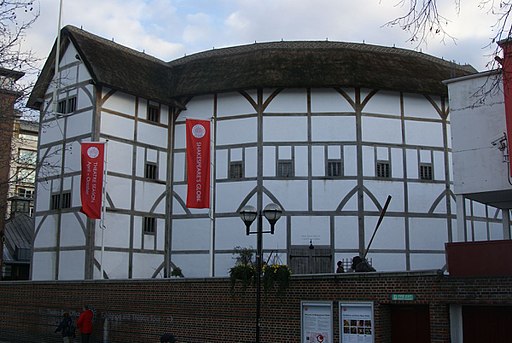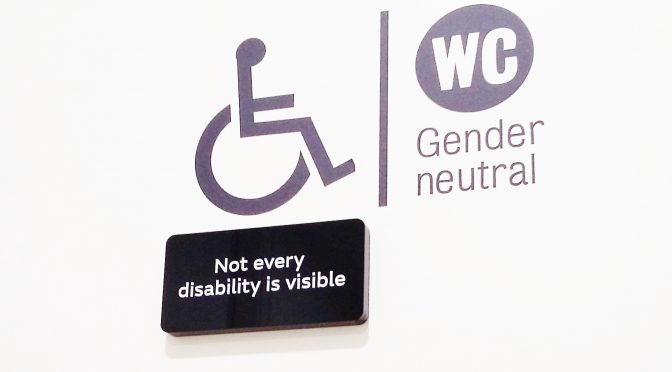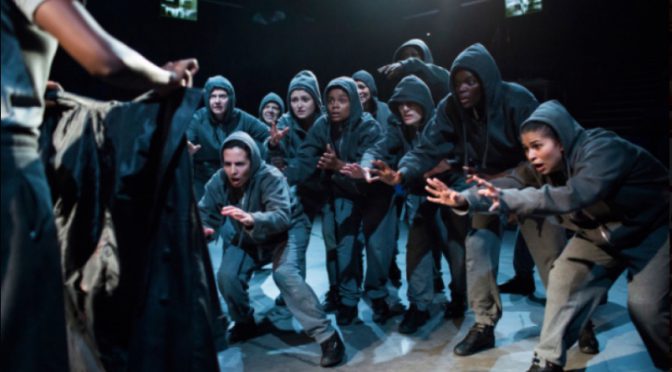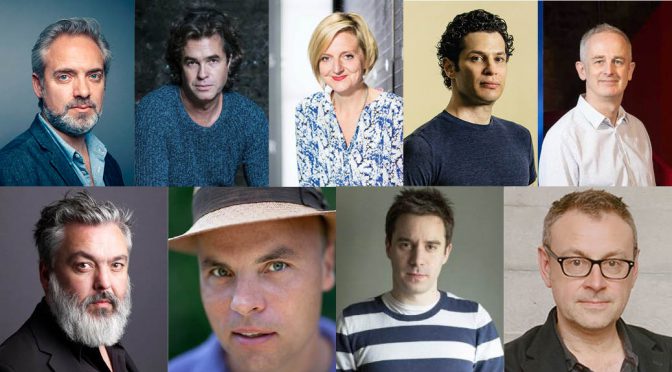by Kate Owen
Kate Owen has recently completed her MA in the English department at King’s College London. She has an interest in the medical humanities, the transmission of scientific knowledge in the early modern period, and is currently a volunteer at St Bartholomew’s Hospital Museum and Archive.
In the second semester of my master’s programme, Early Modern English Literature: Text and Transmission, I took a module called ‘professing writing’. This module looks at a large range of literary and non-literary genres, such as poetry, devotional texts, travel writing and scientific writing. Through guest lecturers and trips to professional libraries, the module also introduced different approaches to academic research. It was on one of these trips to the Wellcome Library, that I first came across early modern women’s recipe books.

